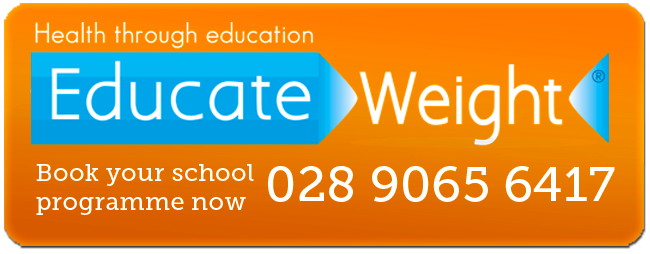If You Eat Well You Feel Good
Its all about the balance
The balance of your diet is what’s important. If you eat the right balance of foods you will have more energy, better concentration, an increased ability to deal with stress and all of these will make you feel good. Modern diets seem to be full of highly processed foods, the consumption of which is now being linked to high levels of inflammation in the body. Below is a list of the Nutrients and their essential uses in the body.
- Carbohydrates – energy.
- Proteins – growth repair and renewal.
- Fats- long term energy storage, insulation and components of cell membranes.
- Vitamins – immunity, vision, muscle and bone health, energy efficiency and cell renewal.
- Minerals – nervous system, blood pressure, teeth and bones.
- Water – regulates body temperature, protects internal organs and transports digested food through the intestine.
Should I Worry About Calories?
Calories are simply a measure of how much energy, foods or drinks contains.
This energy is measured in both kilojoules (kJ) and kilocalories (kcal), these are commonly referred to as calories.
How Much Do You Need?
The amount of energy you need will depend on:
- your age: for example, growing children and teenagers may need more energy
- your lifestyle: for example, how active you are
- your size: your height and weight can affect how quickly you use energy
Other factors can also affect how much energy you burn, for example:
- some hormones (chemicals produced by the body): such as thyroid hormones
- some medications: such as glucocorticoids (a type of steroid used to treat inflammation)
- being unwell
CHILDREN
Children aged 7-10 years old need lots of energy and nutrients because they’re still growing.
A 2011 report estimated that the average energy requirements for children aged 7-10 years old a day is:
Age (years) Boys Girls
7 6900kJ /1649kcal 6400kJ /1530kcal
8 7300kJ /1745kcal 6800k/1625kcal
9 7700kJ /1840kcal 7200kJ /1721kcal
10 8500kJ /2032kcal 8100kJ /1936kcal
However, these figures are only a guide. Children may need more or less than these estimates depending on a number of factors, including how physically active they are.
While the amount of energy a child needs is important, they should also eat a healthy balanced diet.
TEENAGERS
Teens need lots of energy and nutrients because they’re still growing. The amount of energy that food and drink contains is measured in both kilojoules (kJ) and kilocalories (kcal) commonly just referred to as calories.
The 2011 report estimated that the average energy requirements for children aged 13-18 years old a day is:
Age (years) Boys Girls
13 10,100kJ /2414kcal 9,300kJ /2223kcal
14 11,000kJ /2629kcal 9,800kJ /2342kcal
15 11,800kJ /2820kcal 10,000kJ /2390kcal
16 12,400kJ /2964kcal 10,100kJ /2414kcal
17 12,900kJ /3083kcal 10,300kJ /2462kcal
18 13,200kJ /3155kcal 10,300kJ /2462kcal
However, these figures are only a guide. Young people might need more or less energy depending on a number of factors, including how physically active they are.
While the amount of energy teenagers need is important, they should also eat a healthy balanced diet.
ADULTS
An average man, needs around 2,500 calories a day to maintain his weight.
An average woman, that figure is around 2,000 calories a day.
These values can vary depending on age and levels of physical activity, among other factors.










 I AM FIT Vest – Mens
I AM FIT Vest – Mens  I AM FIT Long Sleeve Tees
I AM FIT Long Sleeve Tees